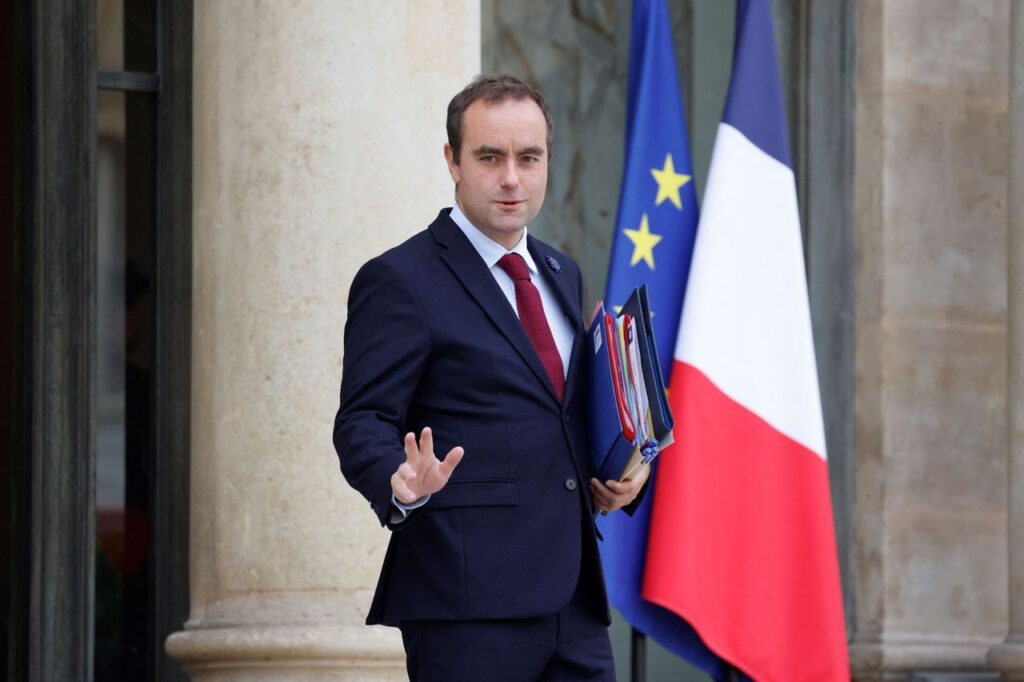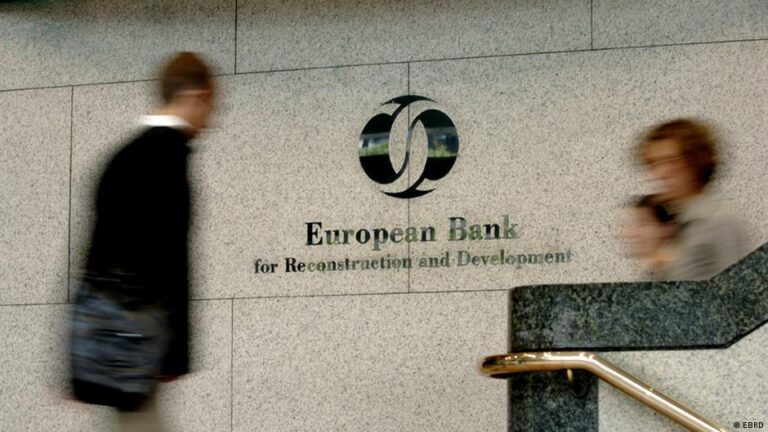
France was thrown deeper into political turmoil on Monday after newly appointed Prime Minister Sebastien Lecornu resigned only 14 hours after unveiling his cabinet. His departure sent French markets tumbling and the euro sharply lower, marking an unprecedented escalation of the country’s instability.
Cabinet Collapses Before First Meeting
Lecornu, a close ally of President Emmanuel Macron, announced his cabinet on Sunday following weeks of consultations with political parties. The ministers had been due to meet for the first time on Monday afternoon.
Yet the line-up was met with hostility from both allies and opponents, some dismissing it as too right-wing while others said it did not go far enough. With parliament already fragmented and no party holding a majority, the new government’s chances of survival appeared slim.
On Monday morning Lecornu handed his resignation to Macron, who accepted it immediately. The Elysee confirmed the departure in a brief statement. Lecornu had been in office for less than a month and was Macron’s fifth prime minister in two years.
Calls for New Elections
The far-right National Rally seized on the moment, urging Macron to call a snap parliamentary election.
«There can be no return to stability without a return to the polls and the dissolution of the National Assembly,» party leader Jordan Bardella declared.
France has been politically unstable since Macron’s 2022 re-election, when no single grouping secured a parliamentary majority. Macron’s decision to hold an early parliamentary election last year only worsened the deadlock, producing an even more divided chamber.
Market Shock
Lecornu’s sudden exit rattled investors. Paris’ CAC 40 index fell 1.5%, making it Europe’s worst performer on the day. Banking shares bore the brunt, with BNP Paribas, Societe Generale and Credit Agricole losing between 4% and 5%. The euro also weakened, sliding 0.7% to $1.1665.













